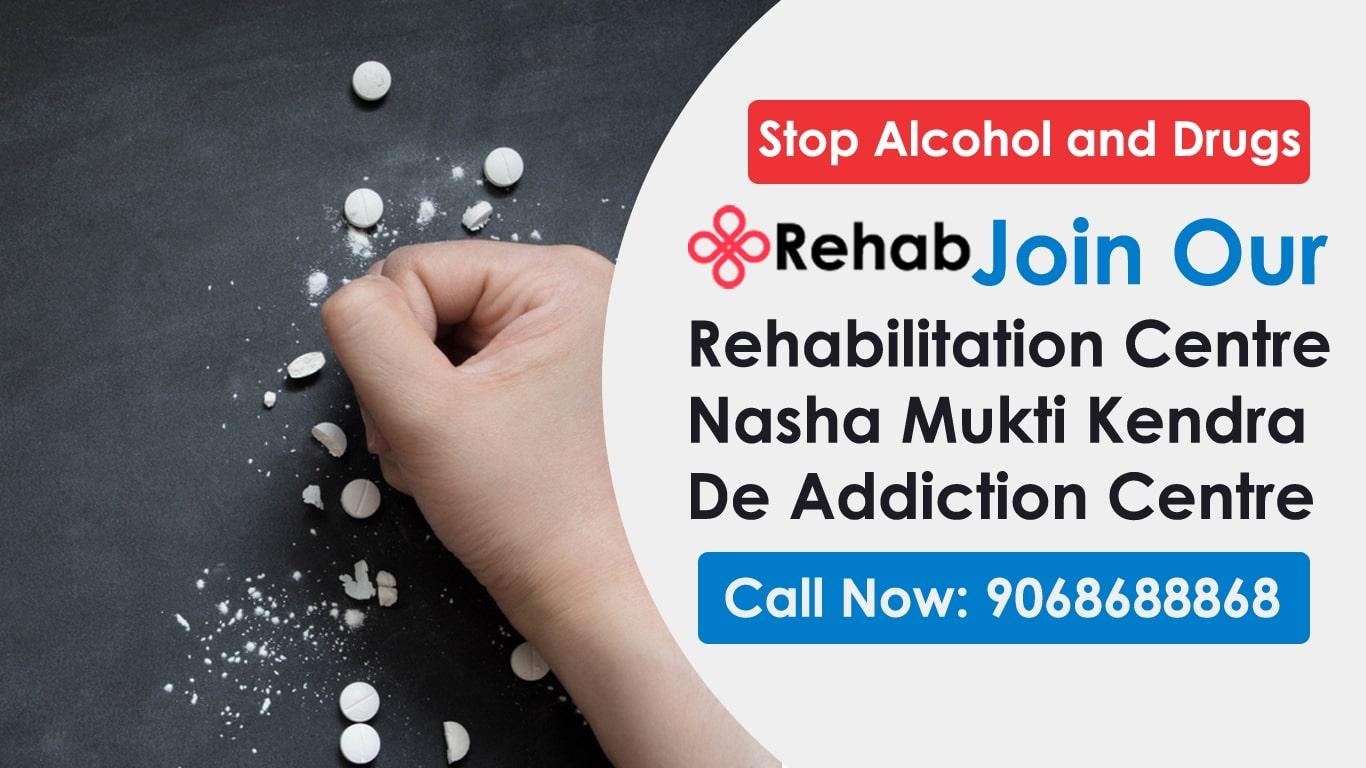Understanding Addiction
Addiction is a disease that alters the brain's chemistry, leading to compulsive drug or alcohol use despite negative consequences. It is a multifaceted condition that affects not only the individual but also their relationships, work, and overall well-being. Rehabilitation centers provide a supportive environment where individuals can address the underlying issues driving their addiction.
Comprehensive Treatment Approach
Rehabilitation centers offer a comprehensive approach to addiction treatment, encompassing medical, psychological, and social aspects of care. Treatment plans are tailored to each individual's needs, ensuring that they receive personalized care and support throughout their recovery journey.
Detoxification and Medical Supervision
The initial phase of recovery often involves detoxification, during which the body eliminates the substance of abuse. This process can be challenging and uncomfortable, with withdrawal symptoms ranging from mild to severe. Rehabilitation centers provide medical supervision and support to help individuals safely navigate this phase and manage withdrawal symptoms.
Therapeutic Interventions
Therapy and counseling are fundamental components of addiction treatment. Rehabilitation centers offer a variety of therapeutic interventions, including individual counseling, group therapy, and family therapy. These interventions help individuals understand the root causes of their addiction, develop coping strategies, and rebuild relationships that may have been strained due to addiction.
Holistic Healing
Many rehabilitation centers embrace a holistic approach to healing, addressing the physical, emotional, and spiritual aspects of addiction. Activities such as yoga, meditation, art therapy, and nutritional counseling are often incorporated into treatment plans to promote overall well-being and enhance the recovery process.
Aftercare Support
Rehabilitation centers provide aftercare support to help individuals maintain their sobriety and navigate life after treatment. This may include ongoing counseling, support groups, and access to community resources. Aftercare support is essential in helping individuals build a strong foundation for long-term recovery.
Conclusion
Rehabilitation centers play a pivotal role in the journey to sobriety, offering a supportive environment and comprehensive treatment options for individuals struggling with addiction. Through a combination of medical care, therapy, and holistic interventions, these centers empower individuals to embrace sobriety and live fulfilling lives. If you or someone you know is struggling with addiction, reaching out to a rehabilitation center can be the first step towards a brighter and healthier future.



